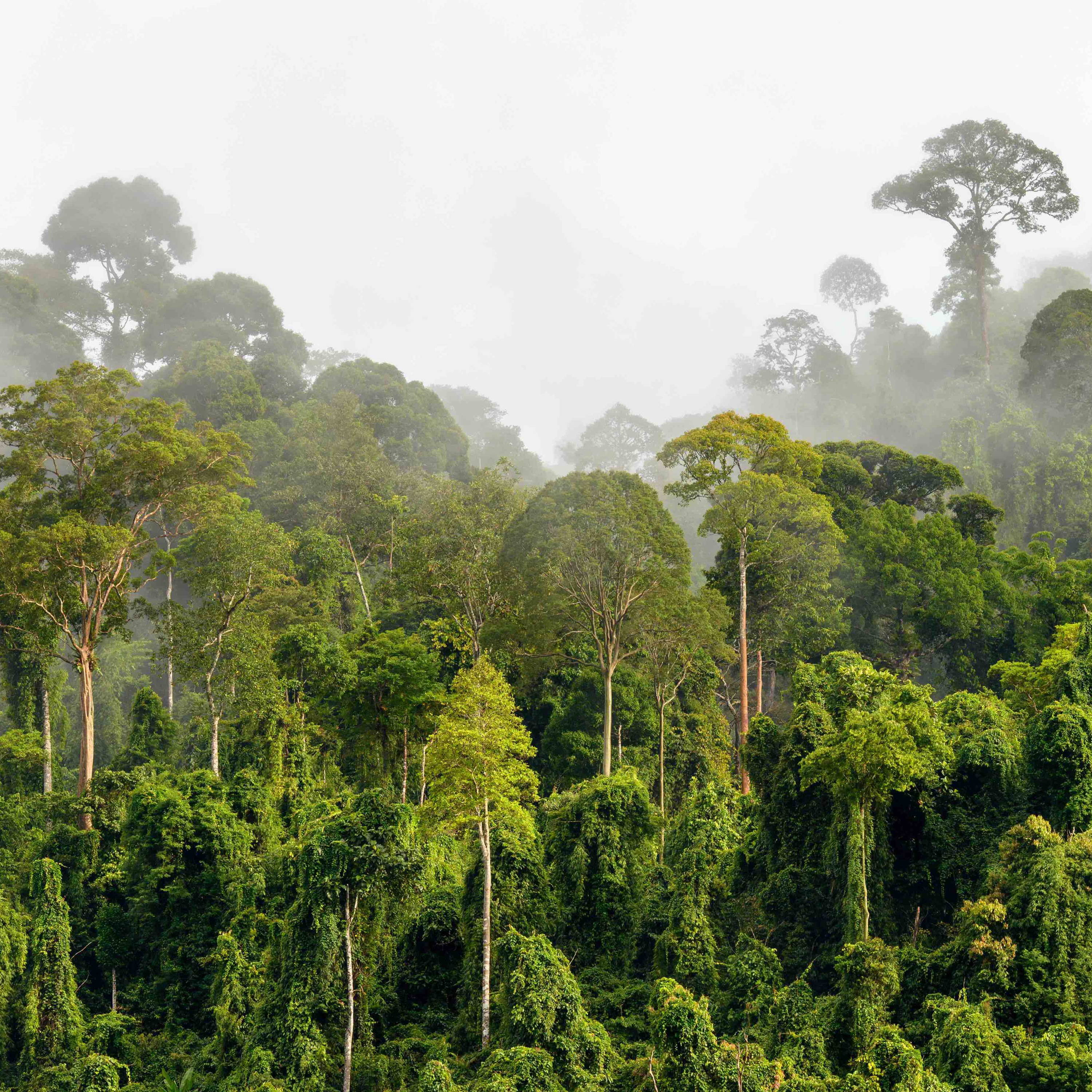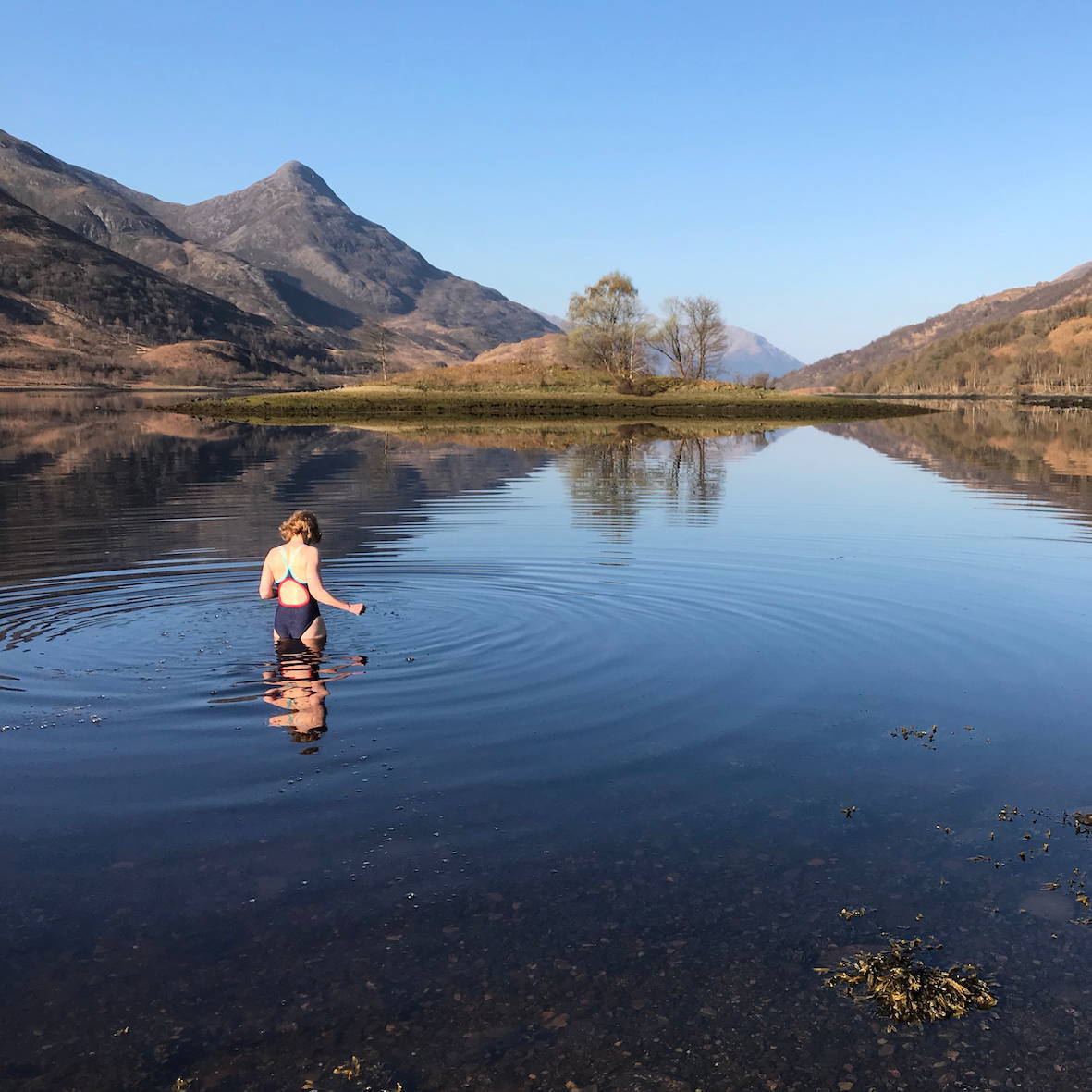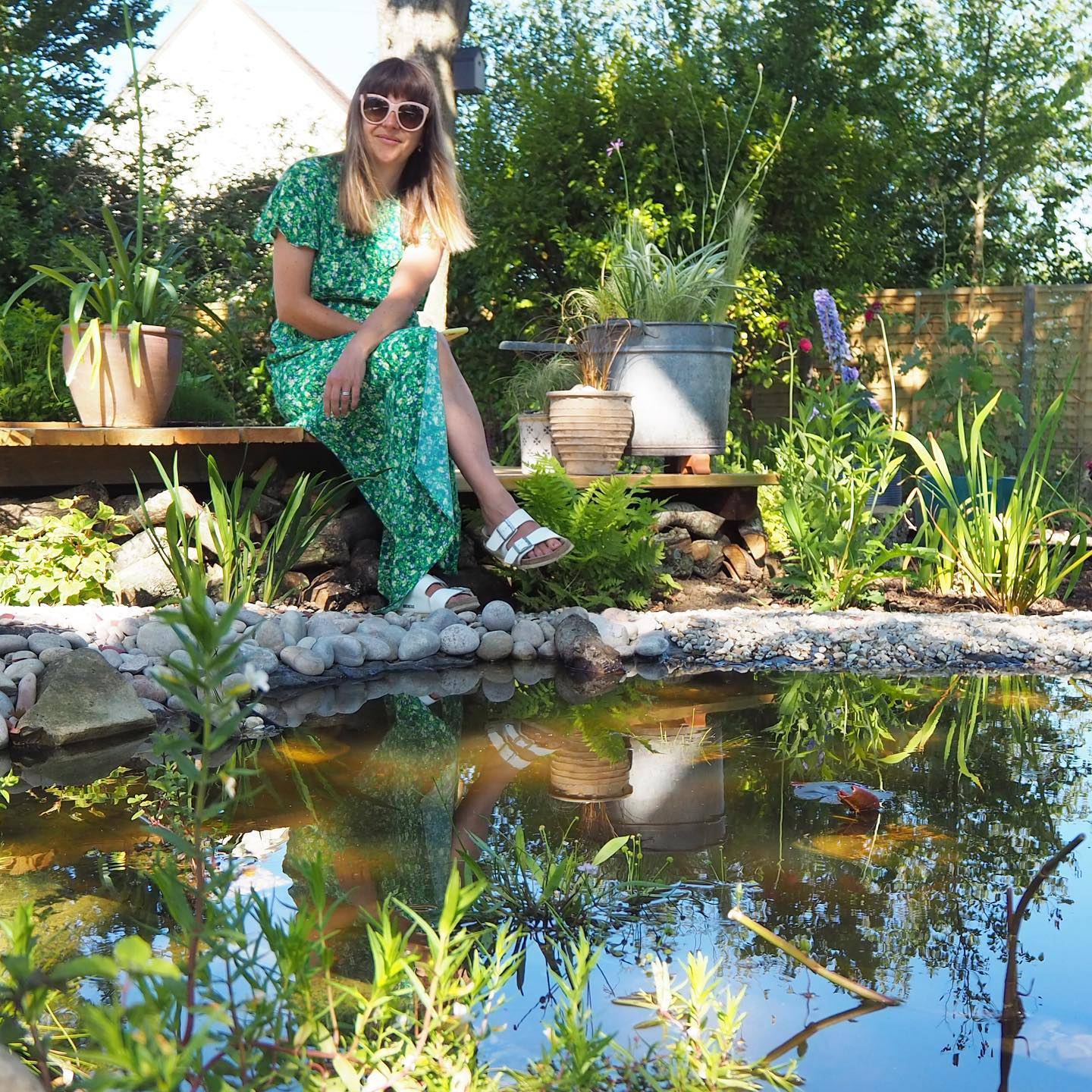
Goal 15: Life On Land
Why plants, gardening and David Attenborough seriously improve my mood
From The Green Planet to her own garden, #TOGETHERBAND’s Deputy Head of Content Hannah Rochell has turned over a new leaf
By hannah rochell
20 january 2022
The world has felt pretty scary lately, regardless of whether you write about it for a living like I do or not. We’re in the middle of both a climate emergency and a global pandemic, so it’s only natural that sometimes you just want to switch off. For me, that used to mean settling down to watch a good nature documentary, but seeing walruses falling off cliff edges as a direct effect of climate change in David Attenborough’s Our Planet in 2019 was enough not to make me switch off my brain, but rather to switch off the TV itself.
I’ve barely watched a nature documentary since, which is a shame, because I’ve always loved learning about the natural world. At primary school I pored over our nature classes on ‘the green’, a tiny patch of grass with a pond and a few small trees that an enthusiastic teacher managed to make incredibly exciting by pointing out ladybirds and newts. Then, aged nine, thanks to another teacher who was a bird-lover and took the whole class on regular field trips, I became a lifelong twitcher. When we moved from London to the Isle of Wight two years ago it rekindled my love of nature, partly because we live next to a nature reserve and I can see swans and migrating geese from my kitchen window, but mostly because we’ve been lucky enough to swap our tiny London patch for a decent-sized garden, which has in turn ignited a passion for part of the natural world I’d previously never paid as much attention to as animals: plants.
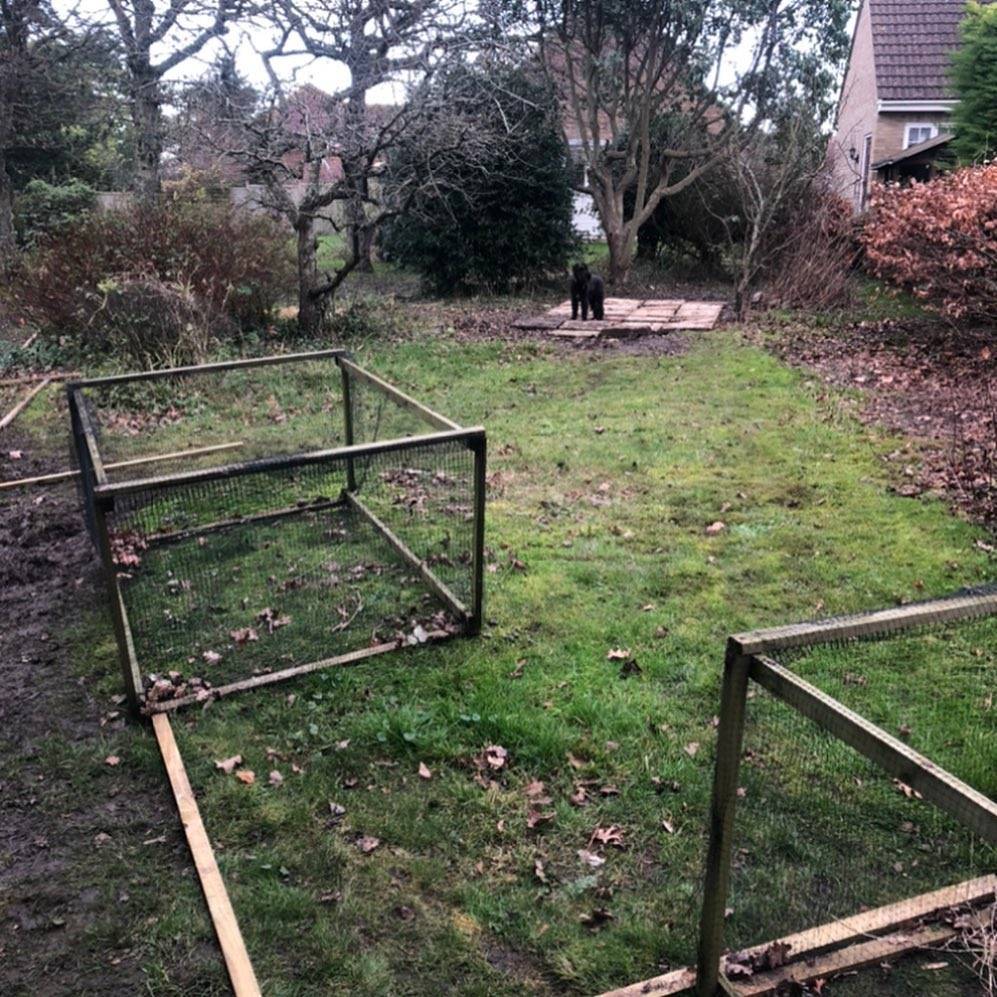
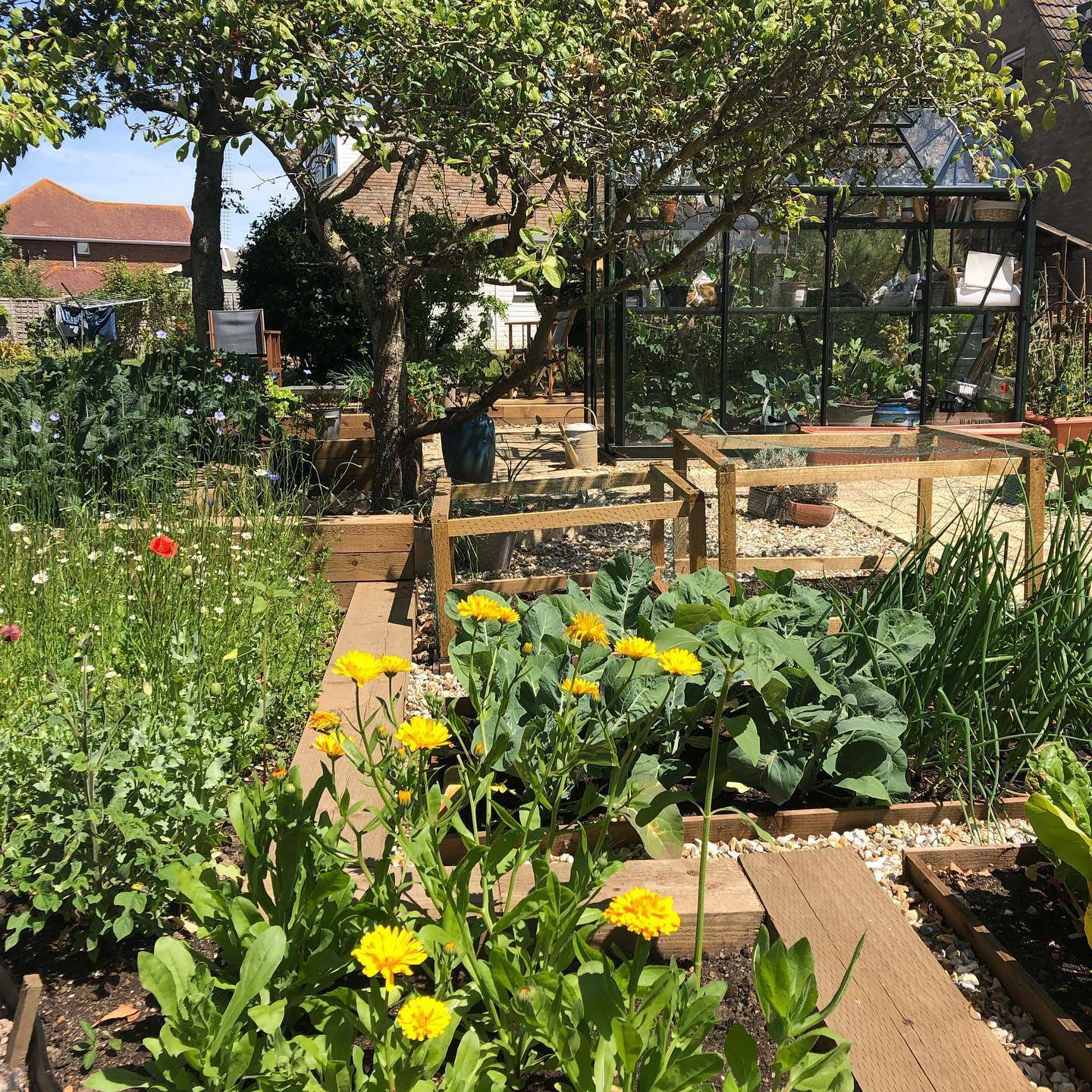
image: this section of Hannah's garden was bare when they moved in; 5 months later during lockdown in 2020 it was a fruitful vegetable plot
The garden was already rich with three well established oaks and a magnificent fir tree that is populated by rare red squirrels and goldcrests, but we spent the first lockdown getting rid of most of the monoculture lawn, replacing it with meadowed areas, a large pond and a vegetable plot. I’ve learnt more about plants and flowers in the last two years than I’ve learnt about anything in the last decade; I can now recognise my native self-seeding flowers like forget-me-nots, foxgloves and feverfew by leaf alone, and I seem to be a natural at growing prolific crops of tomatoes. Getting my hands in the soil, being surrounded by birds and animals, and growing our own fruit and vegetables was incredibly rewarding, not only because of the fresh food that ended up on our table, but for the improvement in my mental health. I was taking control of something at a time when the world felt like it was spinning wildly out of control. The fact that that very thing was also improving my local environment, in turn doing its own bit to take climate action, was the best thing of all.
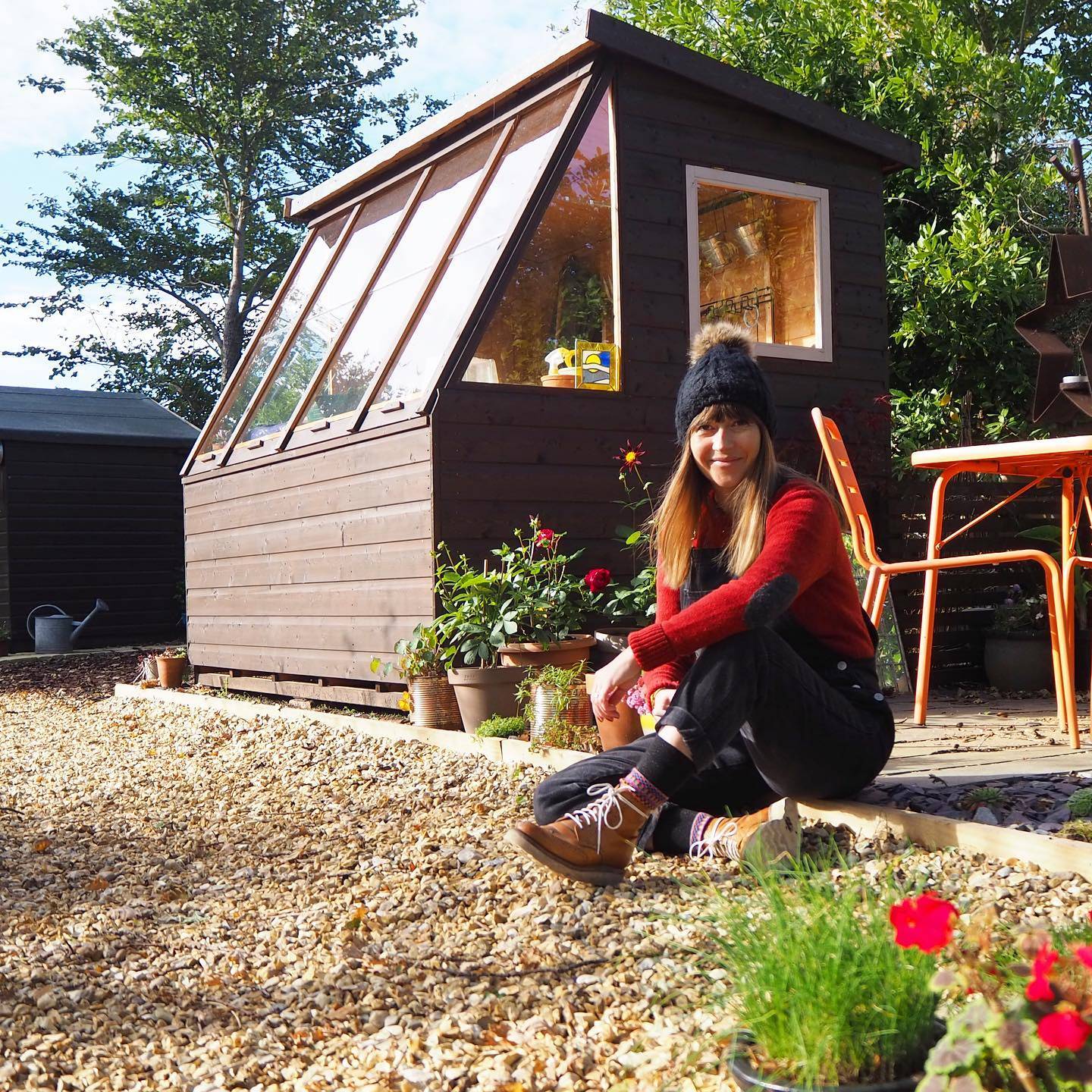
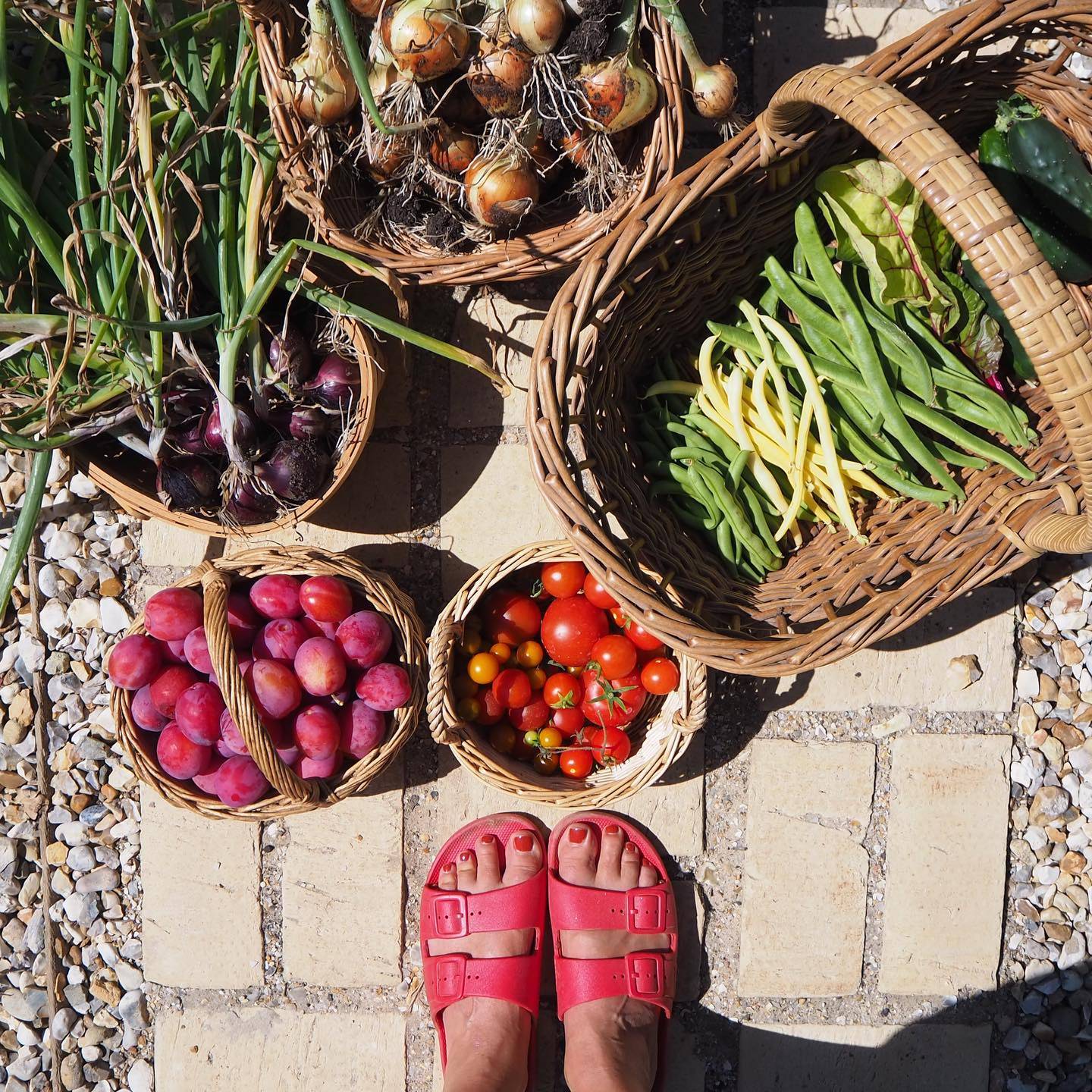
image: @hannah.rochell/Instagram
And I’m not the only one going green fingered: during the pandemic many of us have found solace in getting better acquainted with plants. In the UK alone, demand at garden centres was up 81.2% in July 2020 compared with the previous year as people spent more time at home and became better connected with their gardens and window boxes. It’s a similar story for those without outside space of their own, as houseplants have seen a similar boom, and tree planting groups have popped up all over the country; my local one just planted hundreds of native trees on an old golf course with the help of volunteers and school children.
Anyway, back to Sir David, who I don’t want to downplay in any way. His groundbreaking documentaries The Blue Planet, Planet Earth and Our Planet have been absolutely vital when it comes to getting the world to sit up and pay attention to the climate crisis. After Blue Planet II aired in 2017, ‘the Attenborough effect’ led to a 53% reduction in the use of single-use plastic the following year. I have a huge amount of respect for Attenborough and his teams, so it was with great delight that I found myself able to get stuck into his latest BBC documentary series: The Green Planet. It features beautifully shot time lapse film of some of the most interesting plants in the world, from vines climbing up from the rainforest floor by using their tendrils to ‘grasp’ like hands, to giant lily pads clearing everything in their path with their spiky underleaves in the wetlands of Brazil. Naturally, it is peppered with warnings of why we need to protect these precious carbon capturers, but I wonder if the reason I find it less worrying to watch than other recent docs is because plants are something that we can all get involved with ourselves. There’s isn’t much I can do personally to help a hungry polar bear stranded on a tiny sheet of melting ice, but there is something positive I can do by sticking my hands in the soil. Speaking of which, it’s time to water that monstera...
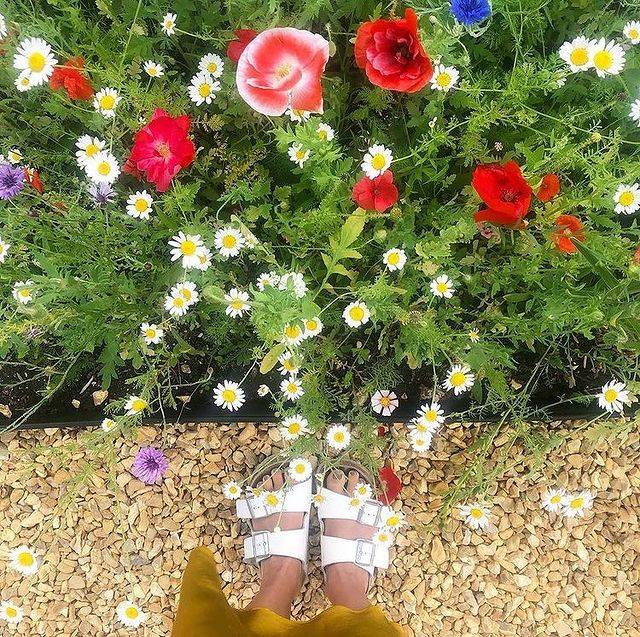
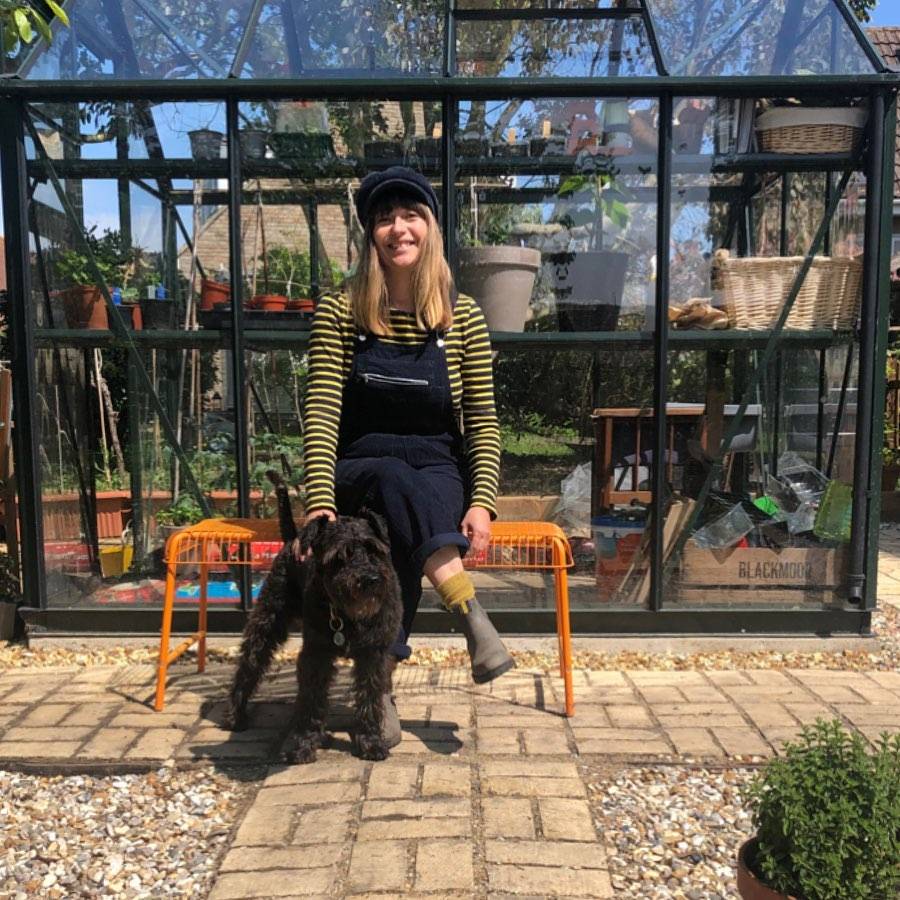
image: @hannah.rochell/Instagram
Three more amazing reasons to love plants:
1. Green is one of the most relaxing colours around, so immersing yourself in it, whether that’s on a walk in the park or surrounded by homegrown lettuce leaves, will make you feel more calm. The human brain can see more shades of green than any other colour: try standing in some woods and focusing on one area of greenery and see how many different shades you can spot.
2. It’s true that house plants will purify the air in your home, but did you know that they can also help with the housework? While you won’t find them running around with the Hoover, some plants will collect dust from the air on their leaves. Plants with large leaves, like rubber plants, are particularly good at this, as is the spider plant, which studies have also found can eliminate around 90% of toxins in a room over the course of two days.
3. If you are able to grow your own fruit and vegetables, your health will benefit enormously. The fresher the food, the more nutrition you will get from it. Gardening is in itself good for you because it’s cardio exercise and allows you to absorb vitamin D which is vital when it comes to maintaining healthy bones and teeth.
100% of profits from the sales of #TOGETHER products go to charities that advance the Sustainable Development Goals. Find out more here.

